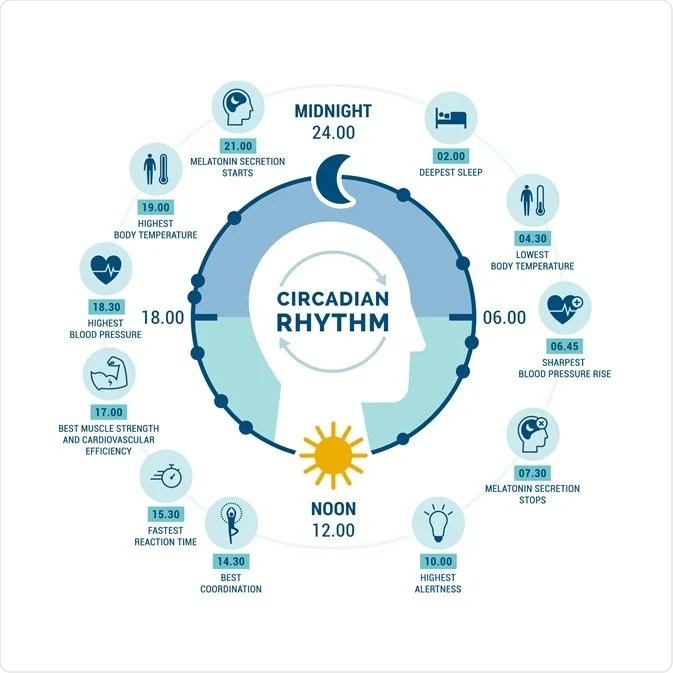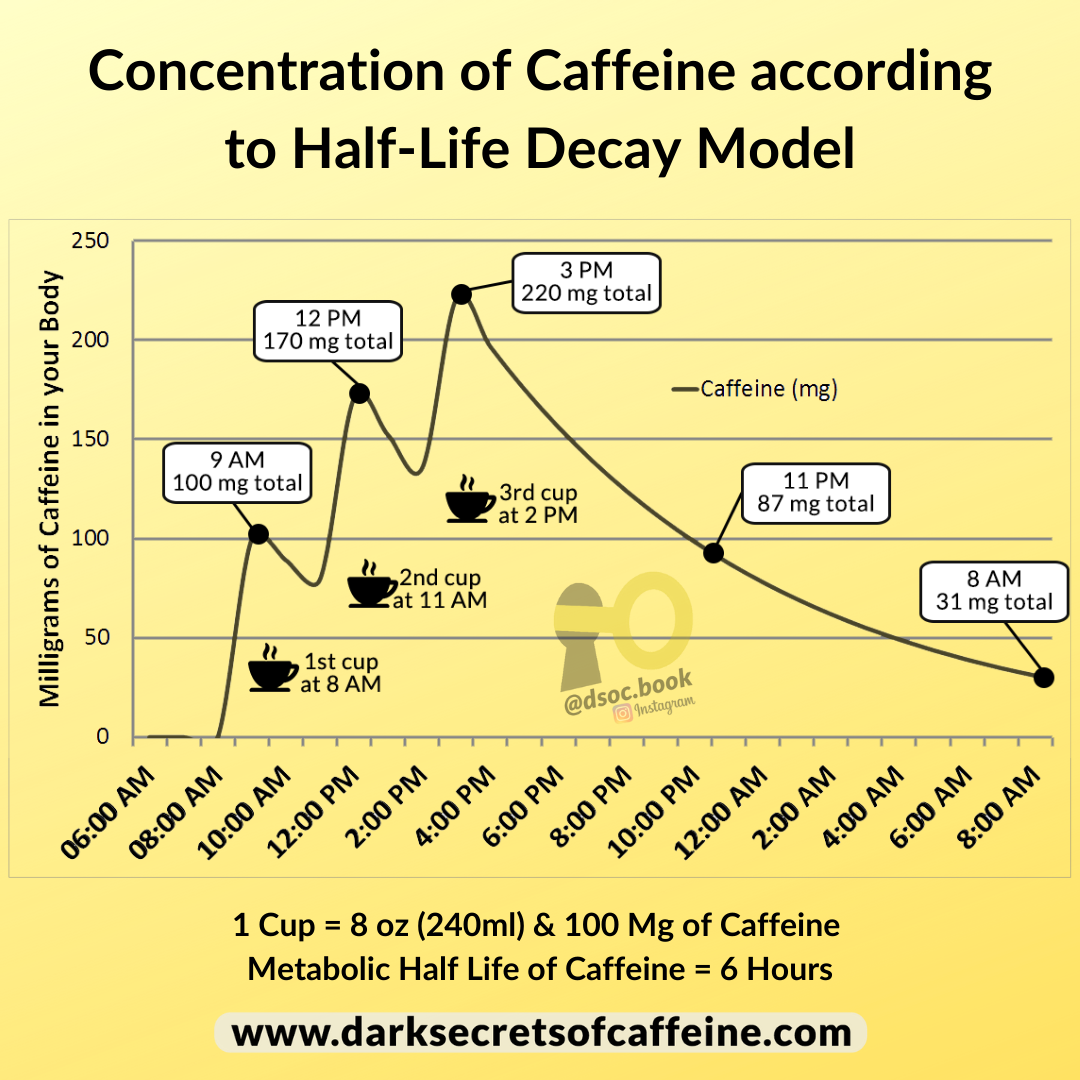The Science of Sleep: Why It Matters for Recovery, Performance & Longevity
Introduction – Why Sleep Matters
Sleep is not a luxury—it’s a biological necessity. Whether you're training for performance, recovering from injury, managing stress, or simply trying to show up better in your daily life, sleep underpins it all. It fuels physical repair, emotional balance, and mental clarity in ways no supplement or training plan ever can.
At Body Mechanics, we view sleep as a foundational pillar of health, recovery, and high performance. Yet despite its importance, many of us compromise our sleep without fully understanding the impact. Science now confirms that chronic sleep deprivation affects everything from hormone production to injury risk, cognitive function, inflammation, and even the effectiveness of physical training.
Chronic sleep deprivation has been linked to a 20–30% reduction in glucose metabolism in the brain, impacting memory, attention, and decision-making (Drummond et al., 2000). Hormonal imbalances including elevated cortisol and reduced testosterone are also common (Leproult & Van Cauter, 2010).
This blog breaks down what’s happening inside your body and brain while you sleep, explains how it directly affects your recovery and wellbeing, and gives you evidence-based strategies to start sleeping better tonight—without guesswork or gimmicks.
Sleep Architecture & What Each Stage Does for You
Sleep is not a uniform state—it’s made up of distinct stages that cycle throughout the night, each playing a unique role in your physical and mental restoration. These stages are broadly divided into Non-Rapid Eye Movement (NREM) and Rapid Eye Movement (REM) sleep. You typically cycle through these stages 4–6 times per night, with each cycle lasting roughly 90 minutes.
💤 Stage 1 – Light Sleep
This is the transition from wakefulness to sleep. Brain waves begin to slow, heart rate and breathing ease, and muscles relax. Though it’s the lightest sleep stage, it’s critical for initiating the rest of the cycle.
💤 Stage 2 – Deeper Light Sleep
In Stage 2, body temperature drops and brain activity continues to slow with occasional bursts known as sleep spindles. This stage helps support motor skill consolidation and neurological health. Sleep spindles are also linked with intellectual ability and filter sensory input during sleep (Fogel & Smith, 2011).
🌊 Stage 3 – Deep Sleep (Slow-Wave Sleep)
This is your most restorative phase. Growth hormone is released, tissues are repaired, the immune system is activated, and muscle recovery occurs. Deep sleep is essential for physical regeneration, injury healing, and metabolic repair. Without it, recovery is incomplete—no matter how good your training plan is.
🧠 REM Sleep – Dream State & Cognitive Integration
REM sleep is when most dreaming occurs. Brain activity increases, but your body remains in temporary paralysis. This stage supports memory consolidation, emotional processing, and learning. It’s especially important for managing stress and building neural adaptations to skill training. It also supports neural reorganisation, essential for creative problem-solving (Walker & Stickgold, 2004).
Sleep & Recovery Performance
For anyone engaged in physical training, rehabilitation, or simply trying to maintain vitality, sleep is the single most powerful legal performance enhancer available. While we rest, our bodies engage in a coordinated repair process that affects virtually every system involved in recovery and adaptation.
🛠️ Physical Repair
During deep sleep, the body releases growth hormone, a key driver of tissue repair and muscle rebuilding (Van Cauter et al., 2000). This is when microtears from training are repaired, inflammation is modulated, and connective tissues begin to recover. Sleep restriction impairs mTOR signaling and reduces muscle protein synthesis (Dattilo et al., 2011).
💡 Nervous System Reset
The autonomic nervous system recalibrates during sleep—particularly in deep NREM stages. Heart rate variability (HRV) improves, cortisol levels drop, and the parasympathetic “rest-and-digest” state dominates, promoting physiological calm and reducing injury risk (Fullagar et al., 2015). Vagal tone improves during NREM sleep, enhancing autonomic balance (Trinder et al., 2001).
⚙️ Performance Outcomes
Athletes who sleep fewer than 8 hours per night are 1.7x more likely to get injured than those who sleep more (Milewski et al., 2014). Extending sleep by just 1–2 hours improved reaction time by 9%, accuracy by 11%, and mood scores significantly in collegiate basketball players (Mah et al., 2011; Simpson et al., 2017).
⚖️ Recovery Is Not Just Passive
Dr. Shona Halson, a leader in sports recovery science, notes that sleep is the only intervention that affects every facet of recovery at once—from hormone regulation to immune function and tissue restoration.
🧼 Sleep as the Brain’s Cleaning Cycle
Sleep also plays a vital neurological housekeeping role. During deep non-REM sleep, the brain activates the glymphatic system—a waste clearance network that flushes out toxins and metabolic byproducts from brain tissue (Xie et al., 2013). One key function is the removal of beta-amyloid, a protein linked to Alzheimer’s disease when allowed to accumulate (Ju et al., 2014). Neurons shrink slightly, increasing space for cerebrospinal fluid to flow freely, facilitating this cleaning process. Neuroscientists now refer to deep sleep as the brain’s neuroprotective state (Walker, 2017).
Sleep Deprivation & Its Consequences
When sleep is compromised—whether by stress, workload, shift work, or lifestyle—the impact isn’t just feeling tired. Sleep deprivation affects every major biological system, impairing mental performance, emotional regulation, immune function, and even physical recovery.
⚠️ Short-Term Sleep Loss: Performance Breakdown
Even one night of restricted sleep can reduce focus, reaction time, and decision-making ability. A study by Van Dongen et al. (2003) showed that participants limited to 4–6 hours of sleep for two weeks performed as poorly on cognitive tasks as those awake for 48 hours. Brain imaging studies also show that the amygdala becomes hyperactive, leading to overreactions and impaired emotional regulation (Yoo et al., 2007).
🛡️ Immune Suppression and Inflammation
Sleep deprivation suppresses the immune system. Irwin (2015) found that even modest sleep loss reduces natural killer cell activity by up to 70%. It also increases levels of pro-inflammatory cytokines like IL-6 and TNF-α (Haack et al., 2007), slowing tissue repair and increasing muscle soreness.
🧠 Long-Term Sleep Deprivation: The Body Begins to Fail
Animal studies show that sleep is essential for survival. Rats subjected to total sleep deprivation died within 2–3 weeks due to immune failure and systemic collapse (Rechtschaffen & Bergmann, 1995). Chronic short sleep is linked to higher all-cause mortality in humans (Cappuccio et al., 2010).
⏱️ The Human Limit: Randy Gardner’s 11-Day Record
In 1964, Randy Gardner stayed awake for 264 hours (11 days). His symptoms progressed from fatigue to hallucinations, paranoia, and memory loss. While he recovered, the experiment demonstrated the brain’s dependence on sleep for sanity and cognition (Dement & Vaughan, 1999).
🧟♂️ Fiction vs Reality: The Russian Sleep Experiment
Although fictional, the viral 'Russian Sleep Experiment' illustrates a truth: sleep deprivation is biologically destabilising. Reality involves hormonal chaos, cognitive breakdown, and immune collapse—not horror fiction, but real danger.
Science-Backed Sleep Hygiene Strategies
Sleep isn’t just about getting to bed on time — it’s about aligning your behaviour, environment, and biology to support natural sleep cycles. Research consistently shows that good sleep hygiene can significantly improve sleep quality, even without medication or supplements.
🌞 Hormones & Light: Resetting Your Body Clock
Your body operates on a 24-hour rhythm called the circadian cycle, governed by a central clock in the brain known as the suprachiasmatic nucleus (SCN). This clock is influenced primarily by light exposure, which regulates key hormones that prepare your body for wakefulness and sleep.
Cortisol rises naturally in the morning to promote alertness
Serotonin, triggered by daylight, supports mood and is a precursor to melatonin
Melatonin begins rising in the evening to signal it’s time to sleep
Getting sunlight exposure within 30–60 minutes of waking helps “set” this clock, improving sleep onset and quality later that night (Khalsa et al., 2003; Huberman Lab, 2022). Even 10 minutes outdoors can make a difference (Wright et al., 2013). On the flip side, exposure to artificial blue light at night delays melatonin production (Cajochen et al., 2011).
BestLyfe (n.d.) All about sleep: Circadian rhythm. Available at: https://www.best-lyfe.co.uk/blogs/news/all-about-sleep-circadian-rhythm
This diagram illustrates the typical fluctuations in human alertness, body temperature, and hormone levels over a 24-hour period, highlighting the natural peaks and troughs that occur throughout the day and night.
☕ Caffeine Timing Matters More Than You Think
Caffeine has a half-life of 5–6 hours, meaning that a 2 PM coffee can still be active in your system at 8 PM. It blocks adenosine, the br ain chemical that builds up to signal fatigue. Late caffeine use delays sleep onset and reduces deep sleep (Drake et al., 2013).
(2016) The half-life of caffeine. Sketchplanations. Available at: https://sketchplanations.com/the-half-life-of-caffeine
These visuals demonstrates how long caffeine stays active in the bloodstream, reinforcing why consumption should be limited in the afternoon to avoid disrupting sleep.
🧊 Temperature: Cool Your Core
Your core temperature needs to drop slightly to fall asleep. Setting your bedroom to 18–19°C (64–66°F) helps promote sleep efficiency (Murphy & Campbell, 1997). Taking a warm bath or sauna 1–2 hours before bed causes a rapid cooling effect afterward, helping signal to your body that it’s time to sleep. A 1°C drop in core body temperature is typically required to initiate sleep (Kräuchi & Deboer, 2010).
🧘♀️ Wind-Down Routines & Tech Discipline
Screens and bright lights suppress melatonin and overstimulate the brain. Introduce a wind-down routine like reading, journaling, or light stretching about 60–90 minutes before bed. Avoid screens and switch to amber lighting to support natural melatonin release.
Nutrition, Substances & Supplementation for Better Sleep
🥦 Food Timing & Macronutrient Balance
Heavy meals close to bedtime impair digestion. Tryptophan-rich proteins (turkey, eggs, oats) combined with complex carbs can increase serotonin and melatonin production (Bravo et al., 2013; Hudson et al., 2005). Low-glycaemic meals 2–3 hours before bed can support sleep onset.
💧 Hydration: The Forgotten Sleep Factor
Dehydration can cause cramps and awakenings; overhydration may cause nocturia. A 2019 study in Sleep Health found those who slept 6 hours or less had a 16–25% higher risk of dehydration, possibly due to lower vasopressin secretion (Rosinger et al., 2019). Hydration also impacts cortisol and sleep quality after training (Sawka et al., 2007).
🍷 Alcohol: The Deceptive Sedative
Alcohol shortens sleep onset but reduces REM sleep and causes fragmented sleep (Roehrs & Roth, 2001). It lowers HRV and raises core body temperature, keeping your body in a stress state. It also disrupts sleep-dependent memory consolidation (Ehlers & Kupfer, 1989).
🌿 Cannabis: Mixed Effects on Sleep
Cannabis reduces sleep latency, especially for those with anxiety. However, THC suppresses REM sleep, builds tolerance, and can cause withdrawal-related sleep disruption. CB1 receptor downregulation from chronic use alters long-term sleep architecture (Babson et al., 2017; Haney et al., 2012).
🧬 Creatine: Supporting the Sleep-Deprived Brain
A single high dose of creatine (20g) may support alertness and executive function in sleep-deprived states. It acts as a rapid energy buffer in the brain (Rae et al., 2003). A 2023 study by Dolan et al. showed improved decision-making in sleep-deprived athletes.
🔁 Can You Repay Sleep Debt?
Catching up on sleep over the weekend offers partial recovery. Sleep debt leads to accumulated cognitive and metabolic deficits (Banks et al., 2010). Van Dongen et al. (2003) found that three nights of extended sleep improved mood and reaction time but didn’t fully restore alertness or memory.
💤 Conclusion: Sleep Is the Keystone of Recovery and Performance
Sleep is not a passive activity—it is the most powerful and wide-reaching tool for recovery, regeneration, and long-term health. From hormone regulation and tissue repair to mental clarity and emotional resilience, no other intervention has the same systemic impact.
You can train harder, eat cleaner, and recover smarter—but if your sleep is compromised, you’ll always be operating with a hidden handicap.
Prioritising consistent, high-quality sleep isn’t just for athletes or the unwell—it’s a biological mandate for anyone who wants to thrive. The strategies outlined in this blog aren’t gimmicks—they are backed by real physiology, neuroscience, and performance science.
Start with just one change tonight: dim the lights, shut down screens, and give your body the recovery time it’s been asking for. Your future self—mentally sharper, physically stronger, and emotionally steadier—will thank you for it.
Written by Laurence Nicholson
Founder
Body Mechanics


